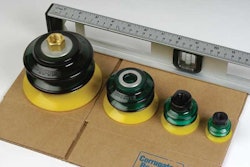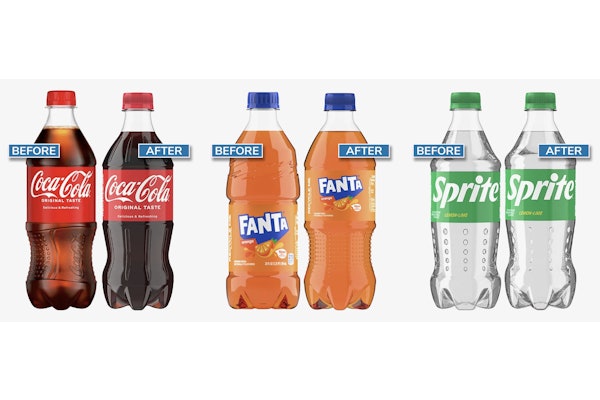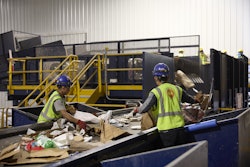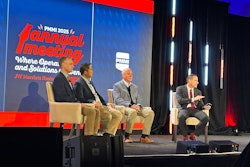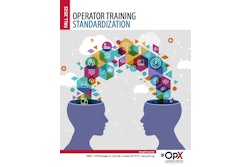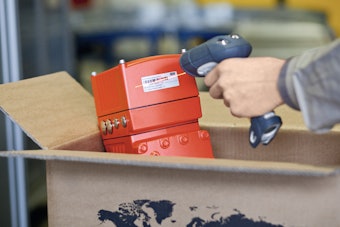Of course, naysayers will point out that many of the jobs being created are for lower-paying service positions, compared to far higher-paying manufacturing jobs the new positions are replacing. We certainly see that in Northeast Wisconsin, where many of the help-wanted ads are for the hospitality industry, while manufacturers like Emerson Electric have moved manufacturing positions out of the country.
Although I’m no longer as close to the situation at manufacturing centers like Chicago, a recent exchange with a training professional suggests that much the same is true for packaging maintenance jobs in Chicago.
“Over the last couple of years, human resources managers at several personal care products manufacturers told me they have a persistent problem in finding qualified packaging machinery mechanics,” this training program administrator reported. “This seems to be especially acute in the Chicago area.”
He was asking if I could verify that this was, in fact, a real problem and whether it was an anomaly for Chicago. I told him that, in my opinion, the same situation was occurring in other manufacturing centers, but that in Chicago it might be more obvious because of the number of manufacturing locations and the dearth of good technical training.
He told me that he had studied the education availability in Chicago, which he said was fast disappearing. He reported that the public high schools in Chicago have been abandoning manufacturing-related vocational skills training and classes. For example, over 20 years, the 28 public high schools with machine shop classes in 1982 had shrunk to just six schools with those classes today, he said.
The same is true for the network of city colleges. Earlier, he said, his organization had operated an automatic screw-machine training program in one of the colleges, but administrative support was inconsistent. “During that five-year period, I had to deal with no fewer than four college presidents, almost one per year,” he stated. “They rotated in and out, depending on the political whims of the year.” And so did their priorities.
But he also admitted that part of the problem lay at the feet of the manufacturing community in Chicago. He said that “the lack of a vocal, systematic, and steady push from the manufacturing community” contributed to the educational retreat from vocational training for technical jobs like mechanics.
I told him that at one time, Dunwoody Institute in Minneapolis had considered taking its technical training “on the road” to other locations, but that I didn’t believe this plan had gone beyond the talking stage. This strategy was considered when the school was advised that manufacturers in other areas were unlikely to undertake the sending of hourly employee students—with all the attendant costs of travel, room and board—to Minneapolis to take courses at Dunwoody.
In the late ’80s, the trainer said his organization had developed a packaging machinery training program in Chicago that later was restructured and broadened into an Industrial Maintenance Mechanic training program. The restructuring placed heavy emphasis on learning microprocessor controls and PLCs, which is also a strong point in Dunwoody’s courses.
He recalled one success story, a woman who had responsibility for several children. Her persistence and determination to master the mechanical trade eventually led to a position as a maintenance technician at M&M Mars in Chicago. Even better, he reports that she received several promotions in her first couple of years there.
Now that his organization itself has been reconstituted, it’s considering reactivating that mechanic training program. My sense, like those of the HR people he talked with, is that there is considerable demand for well-trained mechanics, not only in Chicago, but elsewhere as well. Any readers interested in learning more about this training, please contact me and I’ll put you in touch with the organization.
See an archive of Arnie Orloski's Pipeline columns at www.packworld.com/pipeline. Arnie can be reached at [email protected]





